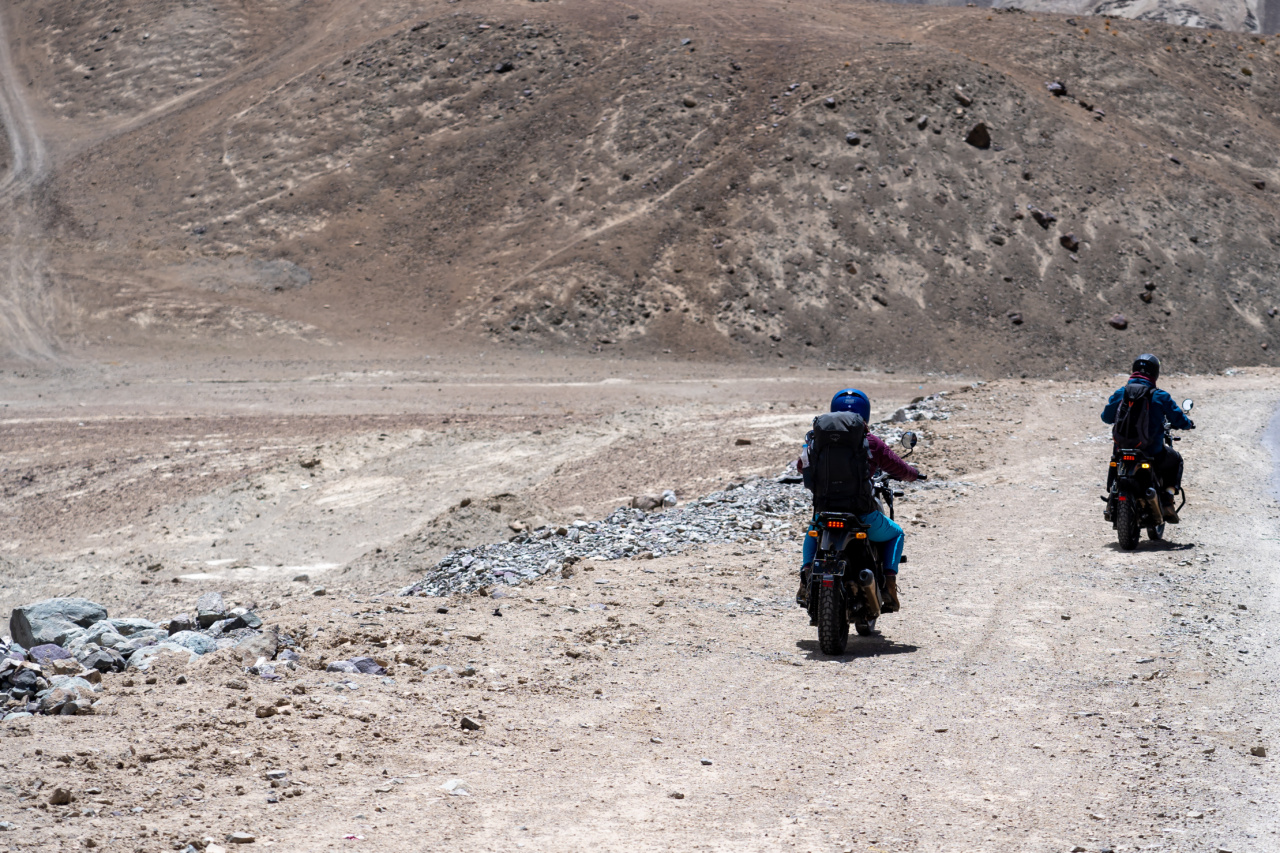Dementia is a general term used to describe a decline in cognitive abilities that are severe enough to interfere with daily life. Alzheimer’s disease is the most common form of dementia, accounting for approximately 60-80% of all cases.
Both conditions are progressive and irreversible, causing memory loss, impaired thinking, and difficulties with language and problem-solving skills.
Risk Factors for Dementia
Several factors can increase the risk of developing dementia and Alzheimer’s disease. Some of the main risk factors include:.
- Age: Advanced age is the most significant risk factor for dementia, with the risk doubling every five years after the age of 65.
- Family History: Having a close family member with dementia or Alzheimer’s increases the likelihood of developing the condition.
- Genetics: Certain genes have been associated with an increased risk of Alzheimer’s disease.
- Cardiovascular Health: Conditions like high blood pressure, heart disease, and diabetes can contribute to the risk of developing dementia.
The Impact of Dementia and Alzheimer’s
Dementia and Alzheimer’s not only affect individuals diagnosed with these conditions but also have a significant impact on their families and caregivers.
The cognitive decline gradually affects the person’s ability to perform daily tasks and can lead to increased dependency, requiring assistance with basic activities such as eating, bathing, and dressing.
The emotional toll on families and caregivers can be immense, as they witness their loved ones experiencing memory loss and personality changes.
This can lead to feelings of frustration, sadness, and even a sense of grief as the person they once knew slowly fades away.
Signs and Symptoms
Recognizing the early signs and symptoms of dementia and Alzheimer’s is crucial for timely interventions and support. Some common signs include:.
- Memory loss and forgetfulness that disrupts daily life
- Difficulty with problem-solving or planning tasks
- Confusion about time, place, or familiar faces
- Trouble speaking, finding the right words, or following conversations
- Misplacing items and struggling to retrace steps
- Changes in mood or personality
If you notice these symptoms in yourself or a loved one, it is important to seek medical advice for a proper diagnosis and appropriate care.
Diagnosis and Treatment
A diagnosis of dementia or Alzheimer’s disease involves a comprehensive assessment of a person’s medical history, physical examination, and cognitive tests.
Additional tests, such as blood tests and brain imaging, may be conducted to rule out other causes of cognitive decline.
While there is currently no cure for dementia or Alzheimer’s, there are treatment options and interventions that can help manage symptoms and improve the quality of life for individuals living with these conditions.
Medications may be prescribed to temporarily improve cognitive functioning, manage behavioral symptoms, or slow down the progression of the disease.
Additionally, non-pharmacological interventions, such as cognitive stimulation therapy, physical exercise, and occupational therapy, can provide meaningful activities and support independence in daily life.
Caring for Individuals with Dementia and Alzheimer’s
Providing care for someone with dementia or Alzheimer’s requires patience, understanding, and a person-centered approach. Here are some tips for caregivers:.
- Establish a routine: Maintaining a consistent daily schedule can provide a sense of stability and reduce confusion.
- Ensure a safe environment: Make necessary modifications to the home to prevent accidents, such as installing grab bars and removing tripping hazards.
- Communicate effectively: Use clear, simple language and gestures to facilitate understanding.
- Encourage social engagement: Stimulating social interactions with family, friends, and support groups can help combat feelings of isolation.
- Take care of yourself: Seek support from other caregivers, prioritize self-care, and allow yourself downtime to prevent burnout.
The Role of KAPI Alimos and Nestor
KAPI Alimos and Nestor are specialized institutions dedicated to providing support and care for individuals with dementia and Alzheimer’s. They offer a range of services, including day care programs, respite care, and long-term residential care.
These facilities are staffed by trained professionals who understand the unique needs of individuals with dementia.
They provide a structured environment, engaging activities, and personalized care plans tailored to each person’s abilities and preferences.
By entrusting the care of their loved ones to KAPI Alimos and Nestor, families can find peace of mind knowing that their loved ones are receiving the attention, care, and support they need in a safe and nurturing environment.
Conclusion
Dementia and Alzheimer’s disease pose significant challenges for individuals and their families. Understanding the impact and recognizing the signs and symptoms is crucial for early intervention and appropriate support.
While there is no cure, various treatments and care options can help manage symptoms and improve quality of life.
KAPI Alimos and Nestor play an important role in providing specialized care and support for individuals with dementia.
By combining their expertise with a person-centered approach, these institutions aim to enhance the well-being and dignity of those living with these conditions.



























